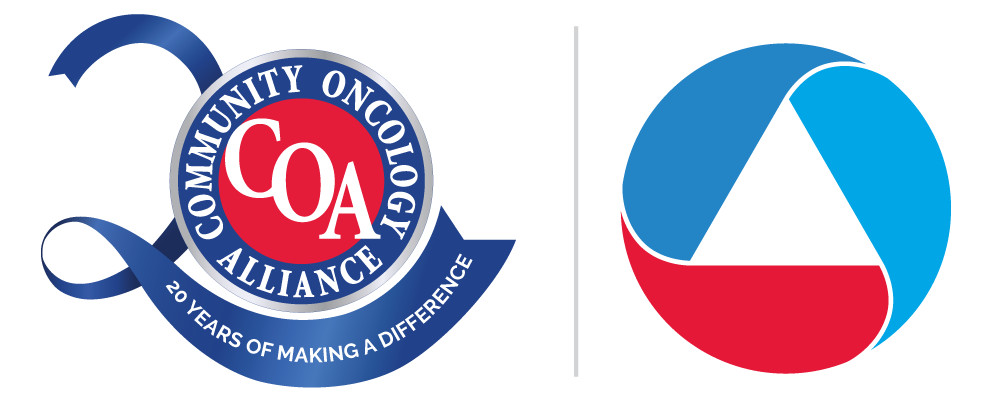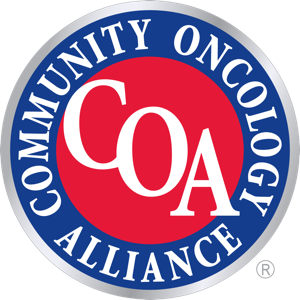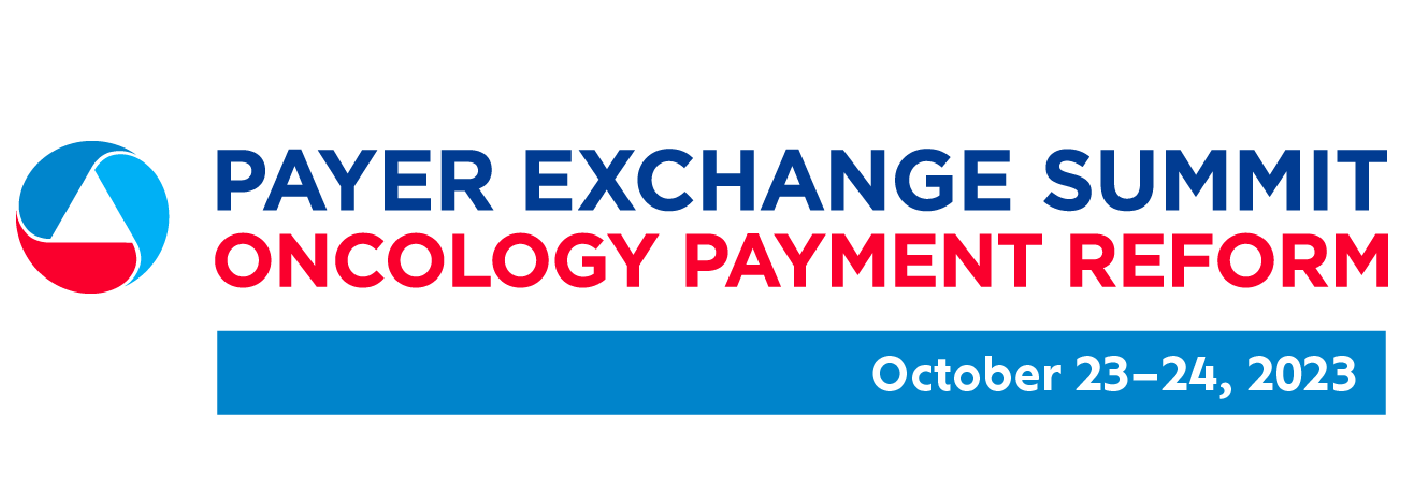About the Summit
Raising the Bar for High-Value Cancer Care
The Community Oncology Alliance (COA) Payer Exchange Summit on Oncology Payment Reform is the only gathering where all cancer care payment reform stakeholders: cancer care providers, payers, employers, employer health groups, and others, meet to explore the evolution of value-based cancer care delivery models. Private and public reform efforts have come to the fore in 2023. Inflation and a looming recession have stakeholders exploring every opportunity to ensure high-value cancer care that balances ensuring quality and positive patient experience while lowering costs. The Enhancing Oncology Model (EOM), the federal government’s newest cancer care payment reform model, has just debuted to much fanfare and controversy. The Summit is an opportunity to have a frank dialogue about these efforts.
In 2023, the goal of providing better cancer care at a lower cost may seem impossible. Payer Exchange Summit attendees prove the opposite. Each attendee and their work demonstrate that it is possible to provide high-quality cancer care and positive patient experiences while controlling and lowering spending. The Summit is the singular place to explore all of these efforts and connect with the movers and shakers of value-based payment reform.
Learn How Others Are Succeeding at the Summit
COA represents more than 5,000 independent, community-based oncologists who, collectively, treat more than half of all patients with cancer in the United States. Mom and pop stores, large corporations, and every employer in between send their employees to community oncology practices for cancer care that provide excellent outcomes in a lower cost setting than hospitals and is closer to home.
When you attend the Summit, you give yourself the chance to learn from those who have tested payment reform models firsthand and find the model that fits you best. Many of the current, active reform initiatives available today have begun at these Summits.
Continuing the Reform Conversation
The 2023 Summit continues to emphasize networking, discussions across stakeholder groups, and idea sharing. Government action at the federal and state levels in the past year has targeted pharmacy benefit manager (PBM) abuses, promoted the use of social determinants of health to improve outcomes, and encouraged direct contracting between employers and providers. At the 2023 Summit, different proven employer- and provider-designed programs collide as stakeholders discuss how best they can promote successful models at the local level that provide value-based, continually improving quality cancer care.
Attendees will participate in discussions about how to provide better cancer care to employees, including:
- The rollout of the EOM and what can be expected as providers participate
- The Oncology Medical Home – taking a pilot program to a fully-fledged payment reform initiative
- How state-level advocacy can provide better opportunities for payment reform
- Alternative PBMs: what they are and how stakeholders can use them to create savings for patients and payers



